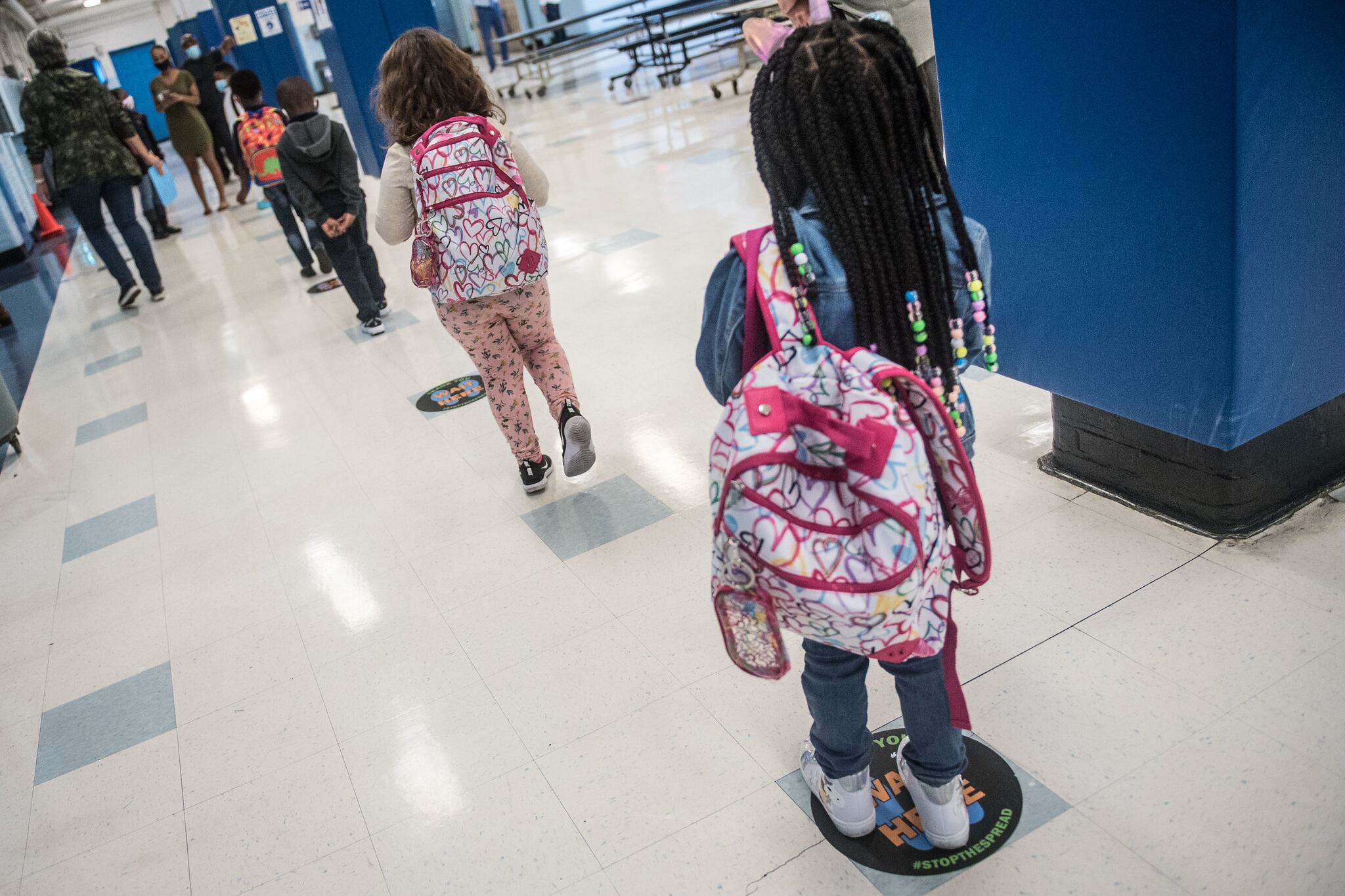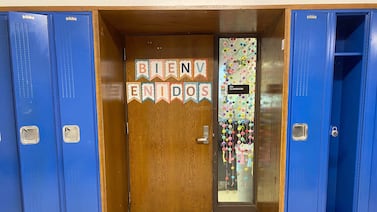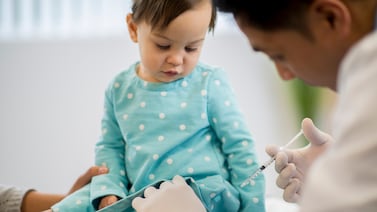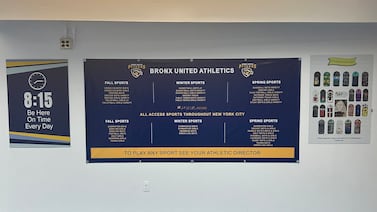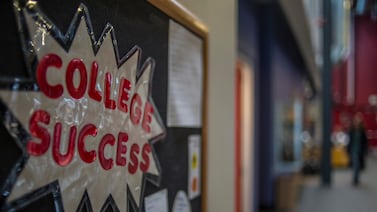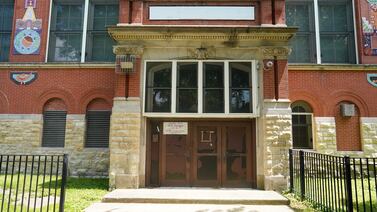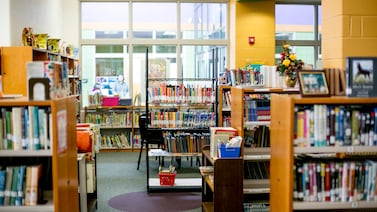New York City is reducing the amount of time students and staff must quarantine due to possible exposure to the coronavirus, education department officials said Monday.
School buildings or individual classrooms shuttered due to reported coronavirus cases will stay closed up to 10 days, instead of 14.
Education department officials said the change was based on guidance from the state’s health department as well as federal officials. The policy change was communicated to principals Tuesday morning and parents will be notified “in the coming days,” officials said.
The shift comes at a time when coronavirus cases across the city are increasing as is the number of school and classroom closures, given that students and staff are being tested more frequently for COVID-19.
Since the school year started in September, the city has temporarily closed 3,900 classrooms while shuttering entire school buildings for two weeks roughly 600 times. Just over 100 school buildings were shut down for 14 days as of Monday evening. (City officials said the shorter quarantine requirements would not apply to closures that began before January 3.)
“The [Centers for Disease Control and Prevention] as well as our State and City Health Departments recommended moving to a 10-day quarantine period and we are following suit,” education department spokesperson Nathaniel Styer said in a statement. “Rigorous weekly in-school testing and quarantines issued by the Situation Room work alongside universal use of face coverings, hand washing, and social distancing to keep our schools safe.”
Though the CDC has given the green light for shorter 10-day quarantines — as long as no symptoms among the person quarantining are present — the organization still recommends a 14-day quarantine in the event of exposure.
“CDC continues to endorse quarantine for 14 days and recognizes that any quarantine shorter than 14 days balances reduced burden against a small possibility of spreading the virus,” the agency’s website states.
Michael Mulgrew, president of the city’s teachers union, acknowledged that the change was approved by federal and state health officials, but said he was “not happy” with the shift because he expects it will cause “fear and anxiety” among staff and families.
After a temporary closure of school buildings in November due to rising coronavirus cases, city officials reopened a smaller set of school buildings in December with a more aggressive testing protocol that calls for random weekly testing of 20% of students and staff.
The city has also set up a coronavirus “Situation Room” designed to track cases, quickly alert school communities of possible exposure to the virus, and offer guidance about how schools should respond. This initiative, however, has been plagued by problems including slow communication and confusing guidance, some schools and city lawmakers have said.
The shorter quarantine period will allow schools to resume in-person learning faster after a building or classroom closure. Still, the vast majority of the city’s students are learning remotely full time. Only students in grades pre-K through five, as well as students with complex disabilities, are eligible for in-person learning right now — and many of those students have opted to learn from home full-time.
Reem Amin contributed.


